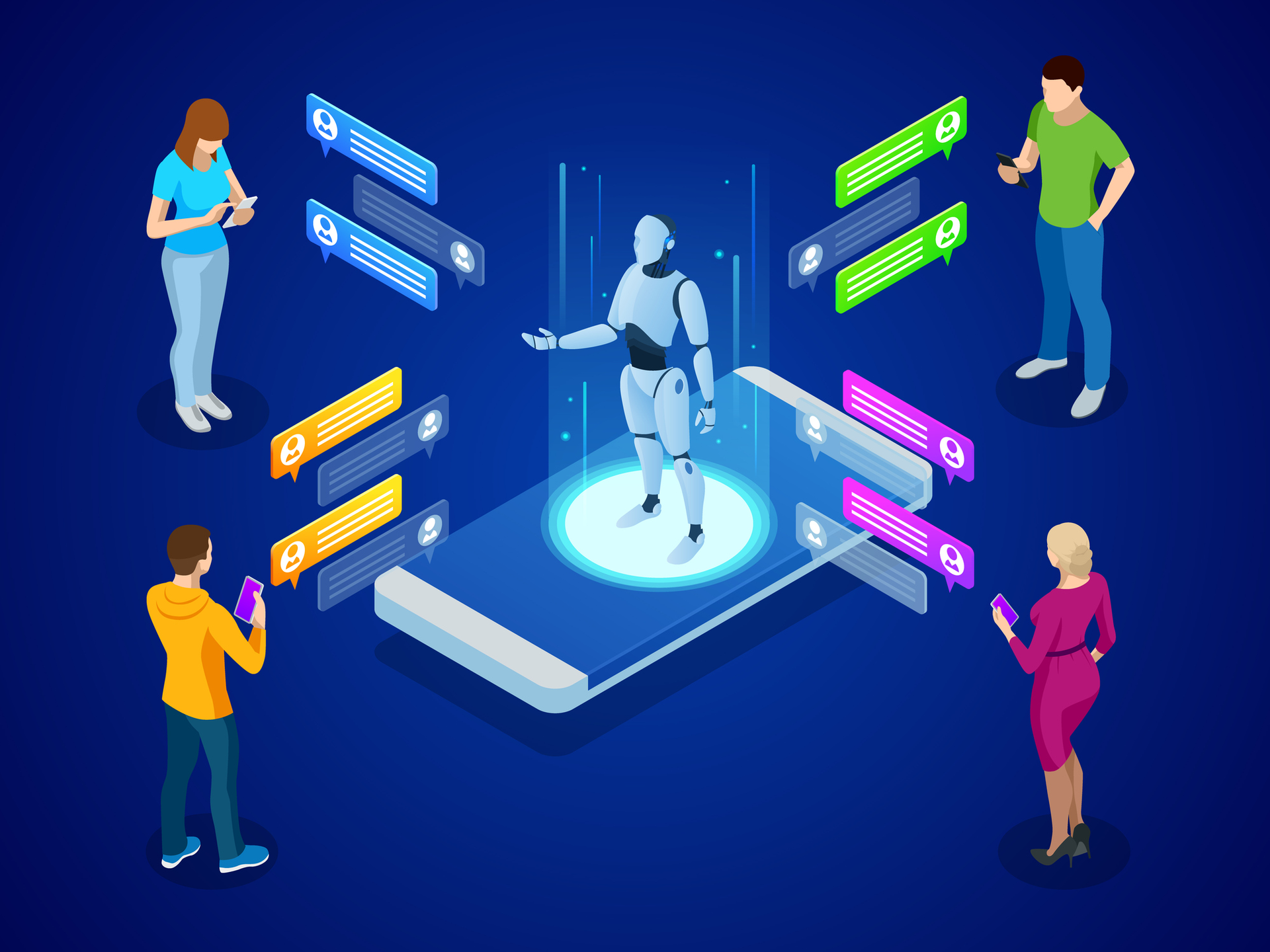Marketers in a diverse variety of industries have seen the value in artificial intelligence. They’ve used the technology to incredible effect, expanding their abilities as they communicate with consumers in new and interesting ways.
Machine learning algorithms, predictive analytics, speech recognition apps and similar systems have made an enormous impact on today’s marketing efforts.
Given their popularity, it’s natural to feel curious about the potential of these technologies for your own organization. When you study the success of other companies, you can apply their insights and refine your former practices. You’ll gradually gain a better understanding of today’s AI solutions and how they can help you meet your goals.
With that in mind, here are six AI marketing use cases and what you can learn from them.
1. Lyft and chatbot technology
The widespread adoption of chatbot technology is simple to understand. It serves as a digital representative, answering questions on behalf of human counterparts. A person can learn about your company day or night, at their convenience, and this accessibility greatly improves your customer service.
Many companies have incorporated chatbots, but Lyft represents a leading example of their use. Through Facebook Messenger, Slack or Amazon Echo, a customer can request a ride. Using a chatbot to streamline this type of process — or help a customer with a complaint — will enhance their experience.
2. Amazon and AI recommendations
Consumers are far more likely to make a purchase when your site provides relevant recommendations. When they see content or products that appeal to their interests, they’ll naturally want to learn more about your offerings. The application of AI technology has made this possible, even common.
Some of the most successful digital companies engage in this practice. For example, Amazon uses AI-based systems to adapt to a customer’s likes and dislikes. They don’t want to search through a selection of products to find something that appeals to them, and with this filtering, they don’t have to.
3. Samsung and sentiment analysis
Experts predict that artificial intelligence in the social media market will grow 28.3 percent by 2023. It can help to forecast future trends and optimize social media campaigns. AI can even monitor conversations about your brand through sentiment analysis, showing you the prevailing attitudes toward your company.
Samsung participated in this form of observation with help from AI consumer insights company Crimson Hexagon. It could detect and counteract dissatisfaction concerning a red tint on the screen of a new phone. Despite its success, it’s vital to recognize boundaries and acknowledge consumer privacy.
4. Target and their visual search tool
Advances in AI image recognition and analysis have made shopping far more convenient for consumers. Though the technology is still relatively new, visual search is becoming more familiar with support from Google Lens and Pinterest. It works similarly to a text-based search, but with photos.
Target experimented with these technologies through its partnership with Pinterest in 2017. It implemented Pinterest’s visual search tool in its app, allowing customers to take pictures of a product and find similar items on Target’s website. The convenience of the process made it appealing to consumers.
5. FedEx and predictive analytics
Companies have trusted predictive analytics for a wide range of purposes, using AI to improve marketing efforts in many ways. The flexibility of this technique is simple to understand when you consider the concept. In short, a system extracts information from several data sets to predict future trends.
FedEx has employed this practice to find customers who show “flight risk” factors. In doing so, they can revise its approach to those customers and prevent them from defecting to a competitor. Though this is an advanced application, your customer retention strategy may benefit from AI technology.
6. Infopro Digital and targeted marketing
You’ve heard of targeted marketing, the process of identifying customers and promoting products through relevant channels. However, artificial intelligence has allowed for hyper-targeted marketing, which uses the combination and aggregation of new and old sources of data. This significantly expands your capabilities.
The media company Infopro Digital has demonstrated the potential of hyper-targeted marketing. It put together hyper-targeted customer segmentation in less than two hours. It’s clear that AI helps with more than just the efficacy of your operation, but its efficiency as well.
The promise of AI technology
The value of artificial intelligence is far greater than first imagined. Beyond the functionality of a virtual assistant like Siri or Alexa, this type of technology enables you to improve your customer service, address dissatisfaction with your brand and attend to similar issues. AI has transformed marketing in many ways.
As you move forward, study the success of companies like Lyft, Samsung, Amazon and Target. You can learn from their creative applications of AI, viewing them within the context of your own organization.
With that in mind, evaluate your options and consider a change in your current practices.







